African journalists share China experience
Updated: 2015-12-02 07:25
(China Daily)
|
||||||||
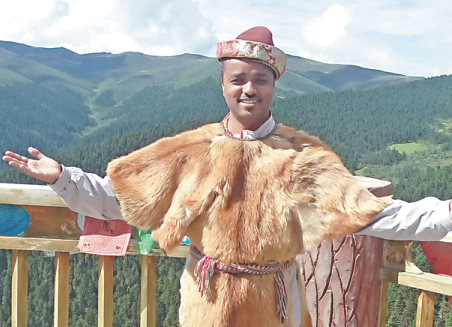 |
|
Zekarias Woldemariam visits a folk village in the Tibet autonomous region. |
Numerous wonders spark a lifelong interest
ZEKARIAS WOLDEMARIAM
My nine-month stay in China seemed a brief sojourn. Although I missed my home and family, I felt enthusiastic about discovering new things.
I knew some significant facts about China before coming here, but the chance provided by the China Africa Press Center offered not only an in-depth revision of my knowledge, but also the discovery of numerous wonders.
Traveling to about 10 provinces has enlightened me a lot about this ancient civilization and its magnificent cultural heritage. But when I try to select the salient features of Chinese tradition that impressed me, the base line question that comes to my mind is: How did I manage to be here?
In answer, it is because I am a journalist. Just like fellow journalists, my work is published in a newspaper and, these days, on a website. My profession has taken me to the place that is considered the cradle of printing.
In Weifang, a city in eastern Shandong province, people used to print paintings with carved wood molds. They carved wood, smeared ink on each mold and then tapped them onto the paper.
The results were marvelous pictures depicting spiritual and cultural images. This method has been maintained for thousands of years. This is only one of the many fascinating things I experienced in China. In addition to the wonderful works of art, architecture and sculpture, the feature that impressed me most was the fact that this heritage has been well-preserved for such a long time.
Among examples are the magnificent deeds of Emperor Qin Shihuang (259-210 BC), who unified China more than 2,000 years ago. Apart from his historical work, the emperor is known for the thousands of Terracotta Warriors that were buried alongside him. When I visited his burial place in Xi'an, Shaanxi province, what struck me more than the sculptures was the strength of this visionary leader. I thought that, even though Emperor Qin died more than 2,000 years ago, he has continued to be a ruler, as the nation he left behind has maintained its territorial integrity, culture, religion and civilization.
Compared with the magnitude of its wonders, my journey to China can be taken as only a beginning. Exploring more about China will remain a lifelong interest.
The author is publications editor at the Government Communications Affairs Office.
- New York orchestra a hot ticket in China
- Key consensus reached on cybercrimes
- White House rejects Pentagon plan to close Guantanamo prison
- Myanmar president meets Aung San Suu Kyi for post-election dialogue
- BRICS media leaders to secure louder voice
- Bilateral trade growth due to continue, minister says
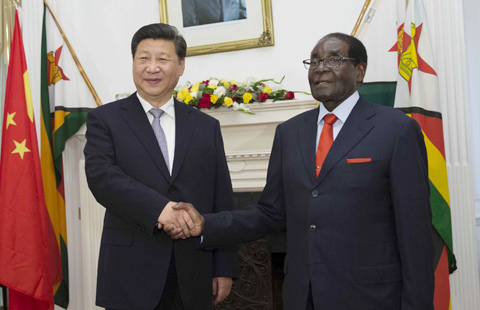
 China, Zimbabwe agree to boost cooperation
China, Zimbabwe agree to boost cooperation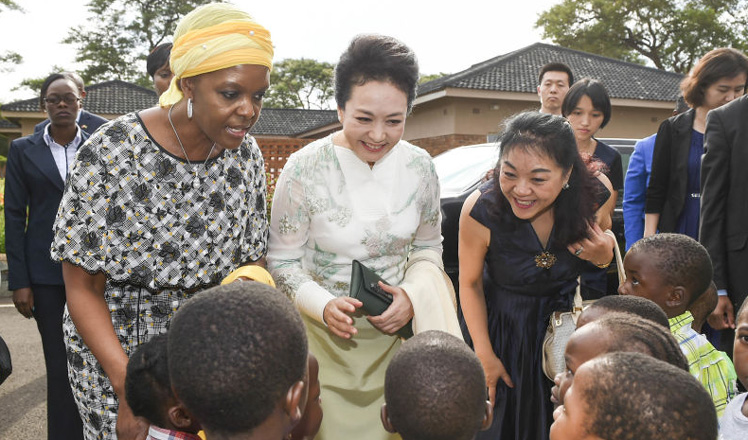
 First lady visits Africa's 'new window' on China
First lady visits Africa's 'new window' on China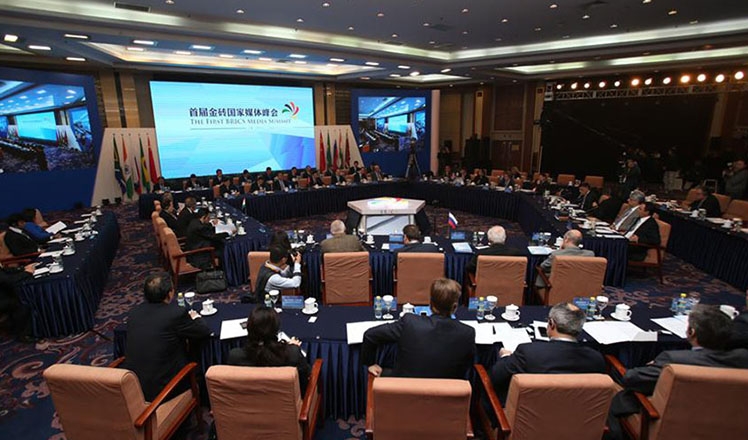
 BRICS media leaders to secure louder global voice
BRICS media leaders to secure louder global voice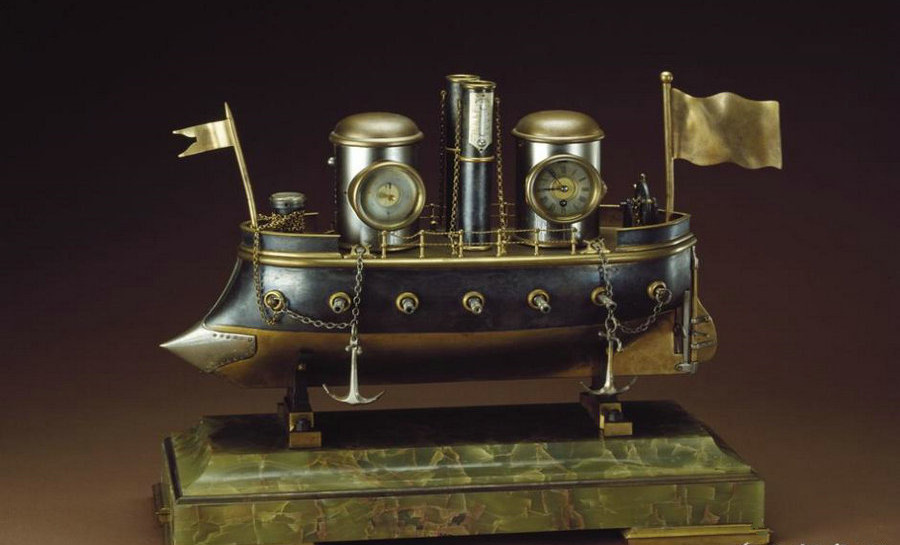
 Western science in the eyes of Chinese emperors
Western science in the eyes of Chinese emperors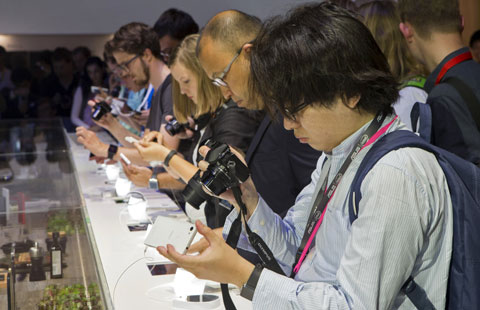
 Top 10 smartphone vendors with highest shipments in Q3 2015
Top 10 smartphone vendors with highest shipments in Q3 2015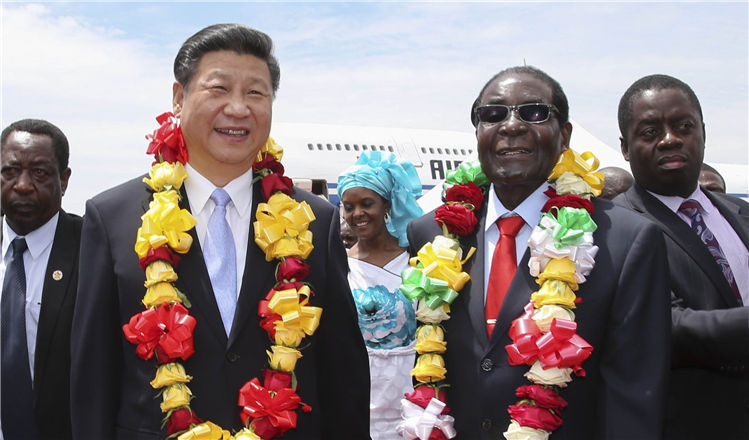
 A deepening friendship
A deepening friendship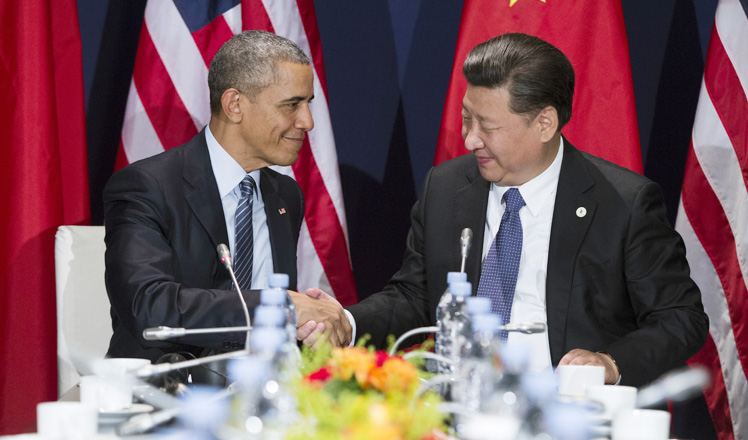
 Xi, Obama pledge to manage differences in constructive manner
Xi, Obama pledge to manage differences in constructive manner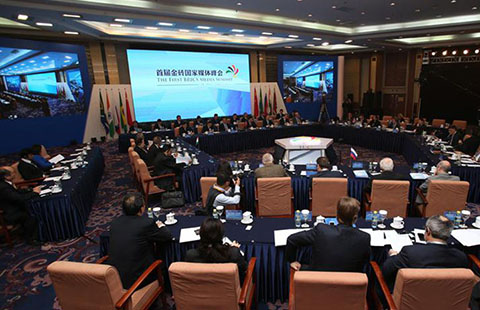
 BRICS media leaders gather in Beijing for cooperation
BRICS media leaders gather in Beijing for cooperation
Most Viewed
Editor's Picks

|

|

|

|

|

|
Today's Top News
Chinese bargain hunters are changing the retail game
Chinese president arrives in Turkey for G20 summit
Islamic State claims responsibility for Paris attacks
Obama, Netanyahu at White House seek to mend US-Israel ties
China, not Canada, is top US trade partner
Tu first Chinese to win Nobel Prize in Medicine
Huntsman says Sino-US relationship needs common goals
Xi pledges $2 billion to help developing countries
US Weekly

|

|







